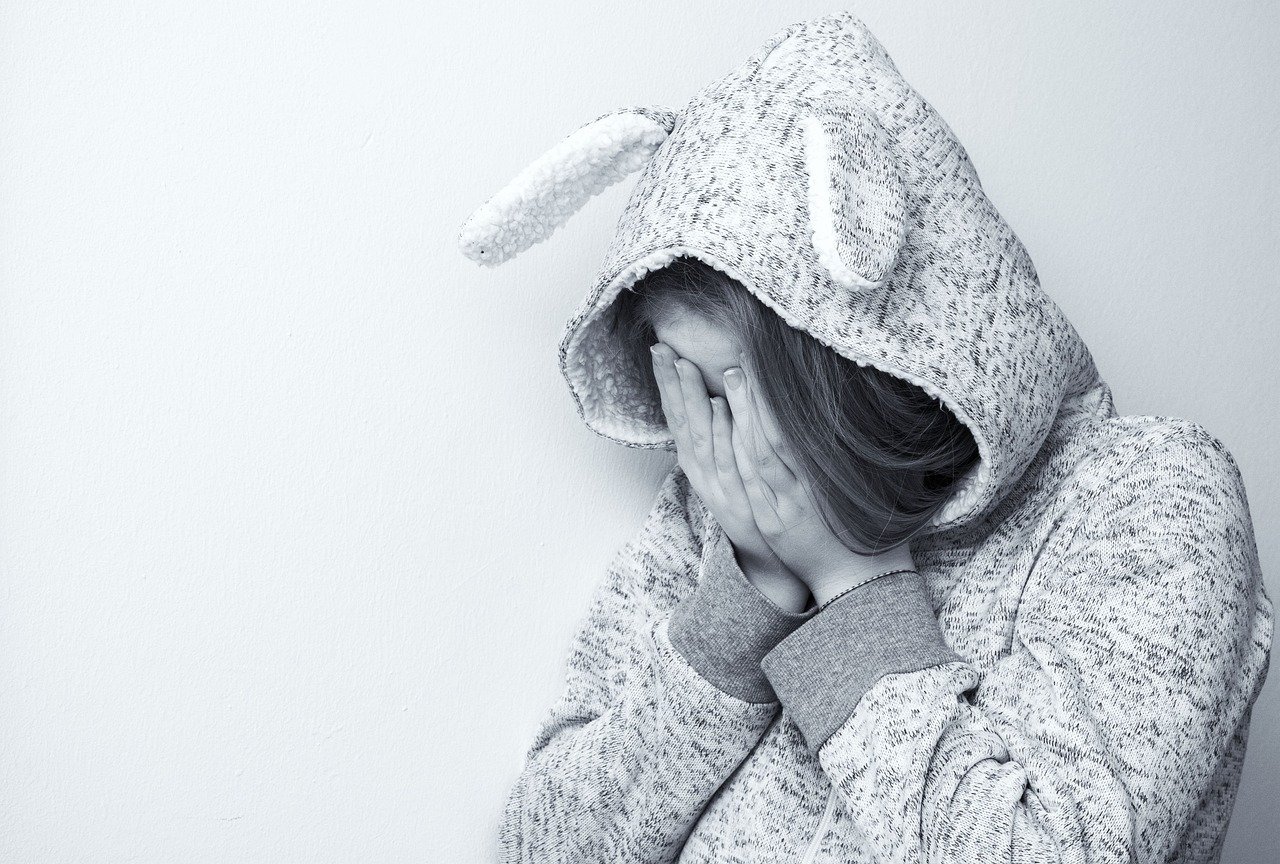Depression isn’t just feeling a little down or blue for a few days. It’s a complex mental health disorder characterized by persistent feelings of sadness, loss of interest, and a significant impact on a person’s daily life. Depression can strike anyone, regardless of age, gender, or socioeconomic background. Let’s delve deeper into this pervasive condition.
Symptoms of Depression
While occasional sadness is a normal human emotion, depression manifests through a constellation of symptoms that persist for at least two weeks. These can include:
Emotional Symptoms:
- Persistent sadness, emptiness, or hopelessness
- Anhedonia: Loss of pleasure in activities once enjoyed
- Irritability or anger
- Anxiety, guilt, or feelings of worthlessness
Physical Symptoms:
- Changes in appetite or weight (significant weight loss or gain)
- Sleep disturbances (insomnia or excessive sleep)
- Fatigue or lack of energy
- Difficulty concentrating or making decisions
- Restlessness or slowed movements
- Physical aches and pains that have no clear physical cause
Causes of Depression
The exact cause of depression is unknown, but it’s believed to be a complex interplay of factors, including:
- Biological factors: Changes in brain chemistry, particularly imbalances in neurotransmitters like serotonin and norepinephrine, are thought to play a role.
- Genetic factors: A family history of depression increases the risk.
- Psychological factors: Negative thinking patterns, low self-esteem, and past traumas can contribute to depression.
- Life stressors: Major stress triggering life events like job loss, relationship problems, or financial difficulties can trigger depression.
- Medical conditions: Certain medical conditions, such as chronic pain or thyroid problems, can increase the risk of depression.
- Substance abuse: Alcohol and drug use can worsen depression or be a coping mechanism for its symptoms.
Treatment for Depression
The good news is that depression is highly treatable. Several treatment options can be used alone or in combination, depending on the severity of symptoms:
- Medication: Antidepressant medications can help regulate neurotransmitters in the brain, improving mood and reducing symptoms.
- Therapy: Psychotherapy can help individuals develop coping mechanisms, identify negative thought patterns, and improve problem-solving skills. Cognitive Behavioral Therapy (CBT) is a particularly effective form of therapy for depression.
- Lifestyle Changes: Regular exercise, healthy eating habits, getting enough sleep, and practicing relaxation techniques like yoga or meditation can all contribute to managing depression symptoms.
Remember, you are not alone. Depression is a common mental health condition, and there is help available. With proper diagnosis, treatment, and self-care, you can manage your depression and live a fulfilling life.
To know more about Dealing with stress, read our blog.
